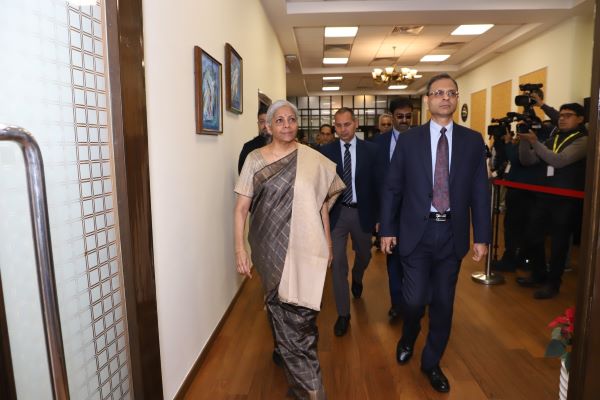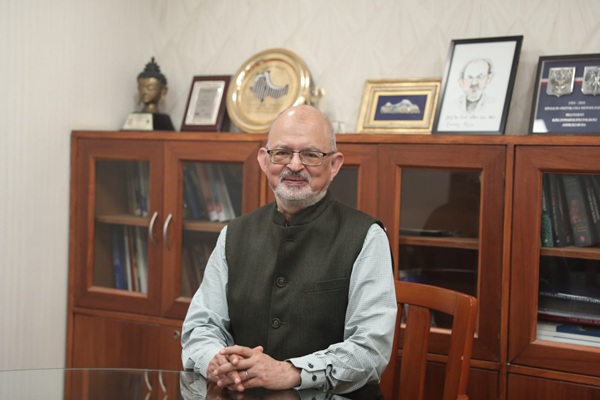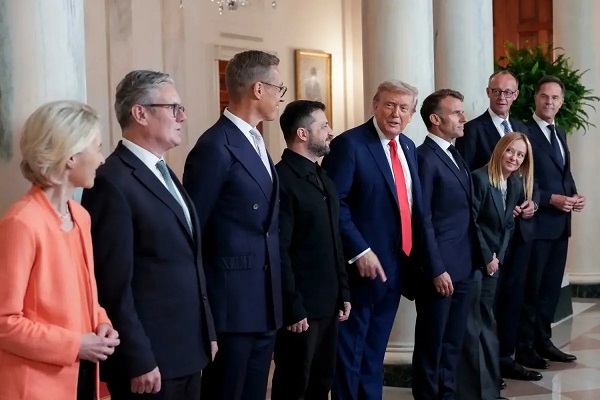.png)
Guarding the Self in the Age of Deepfakes and Digital Deception
As generative AI blurs the line between real and fabricated, India’s celebrities turn to courts to protect their voices, faces and digital dignity.
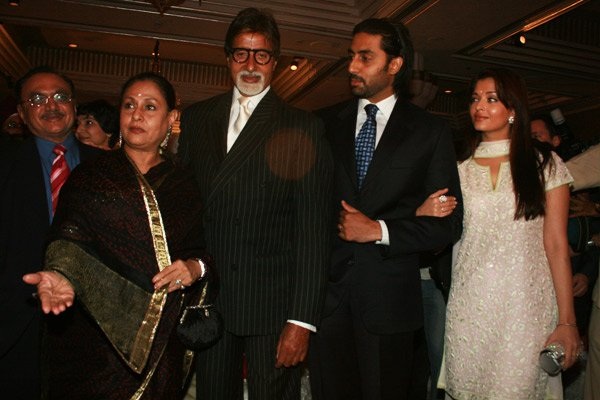
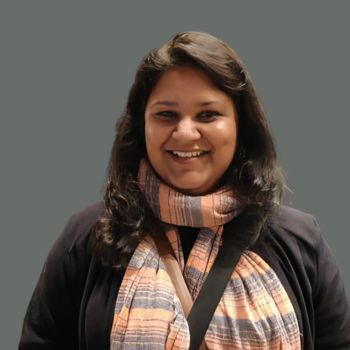
By Shruti Mahajan
Shruti, a legal journalist, covers business and commercial law. She tracks key legal developments.
October 10, 2025 at 5:17 AM IST
When a long-dead singer can be made to croon a new hit or a politician can be animated into dancing garba with algorithmic ease, the idea of identity itself begins to wobble. Technology can now borrow your face, your voice, even your quirks, and sell them back to the world without asking. The line between imitation and theft has almost disappeared. Which is why so many of India’s film stars now find themselves in court. What they’re trying to protect isn’t fame, but a sense of self. The courts are now dealing with several petitions from celebrities who seek legal protection over something once considered unstealable — themselves.
Personality rights, at their core, protect an individual’s control over their own identity, including their name, voice, image, mannerisms, and the intangible essence that makes them recognisable. When Amitabh Bachchan moved the courts to stop the unauthorised use of his baritone or visage, or when Anil Kapoor and Jackie Shroff sought to safeguard their signature expressions, jhakaas and bhidu, they were not simply defending trademarks. They were defending personhood. Filmmaker Karan Johar’s legal bid to protect the moniker “KJo”, and Arijit Singh and Asha Bhosle’s pleas against imitation of their voices, follow the same impulse of drawing a line between homage and theft.
The list keeps growing. Aishwarya Rai Bachchan and Abhishek Bachchan were among the latest to move court, separately, but for the same reason. For Aishwarya, whose face has fronted Indian cinema to the world for over two decades, this isn’t about profit or prestige. It’s about the simple right to exist online without being edited into someone else’s fantasy.
Legal Lacuna
In India, where film stars are not merely admired but worshipped, celebrity is a form of currency. Every expression, every gesture, every uttered catchphrase can be monetised, imitated, or stolen. That makes it only natural and necessary for public figures to seek ownership of their own likeness, not out of vanity but as a form of survival in an era where even authenticity can be counterfeited.
The Delhi High Court, which has adjudicated most of these recent cases, has underscored the gravity of the issue. The courts have called it what it is — exploitation. Using someone’s voice, image or mannerisms without consent, the Delhi High Court said, strips them of control over their own identity. In the absence of a proper law, judges have had to fill the gap, treating personality rights as part of the broader guarantees of privacy, dignity and reputation.
But that’s where the real trouble begins. Enforcement is the soft spot, the point where good intentions sink into the quicksand of the internet. For every takedown order, several clones of the same content can resurface on new handles, new servers, somewhere just beyond reach.
In the absence of a clear law, judges have had to stretch existing principles to fit new violations. But that’s no substitute for proper legislation. Personality rights need to be codified clearly and coherently, with an understanding of how technology blurs boundaries faster than the law can redraw them. Until that happens, every case will continue to depend on judicial improvisation rather than legislative clarity.

